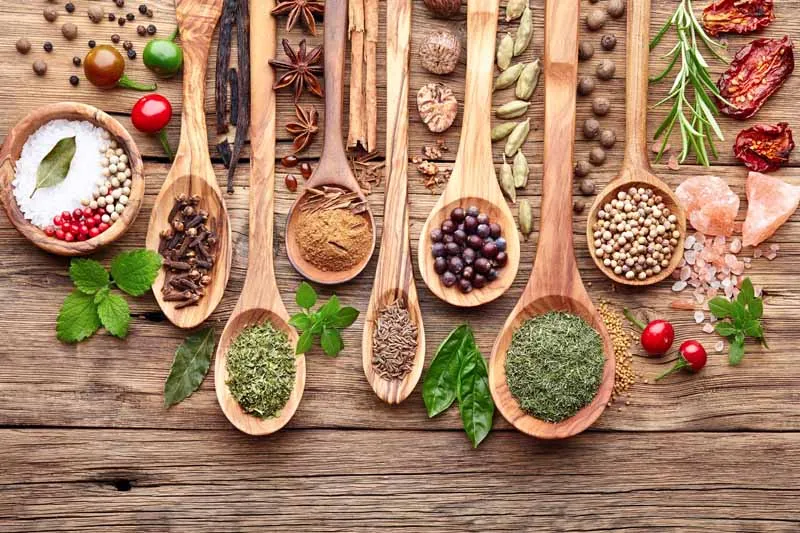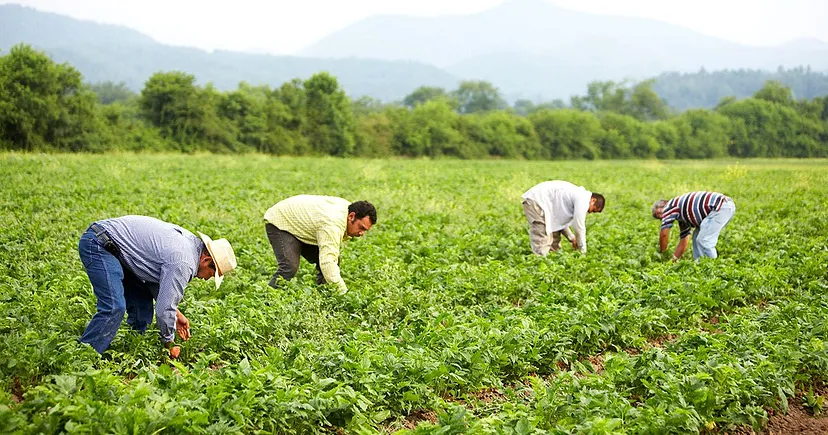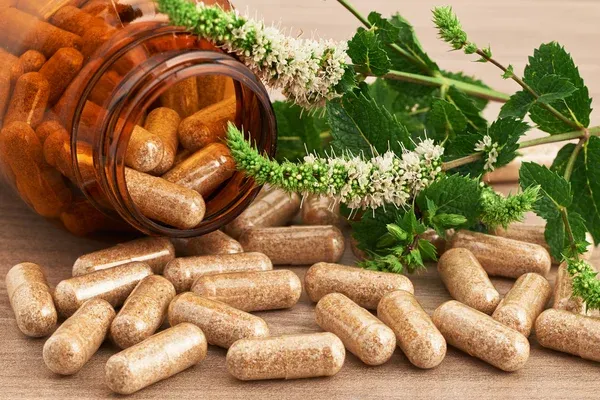HERB

The world of herbs and spices is vast and diverse.
The world of herbs and spices is vast and diverse. In cooking, they are used in many different ways to enhance the flavor of food. They’re also used for medicinal purposes, from treating stomach aches to curing cancer. Herbs and spices can be found anywhere on earth — from your garden or backyard to your local supermarket!
In this guide we want to explore just how amazing these plants are: their properties, their uses (and misuses), how they grow best…and what it all means for YOU!
Herbs have been used for medicinal purposes for thousands of years.
While herbs have been used for medicinal purposes for thousands of years, most people don’t know about them. Many people think that herbs are only good for cooking food or making teas and potpourri. But did you know that many different types of herbs can be used to cure diseases?
Herbs have been used in medicine since ancient times when doctors would use them to treat illnesses such as colds and flu. Today, there are thousands of different types of herbs available on the market today — including ones made from plants like mint that help relieve headaches by reducing inflammation around your sinuses (known as “sinusitis”).
Some herbs have been used as dietary supplements to alleviate the symptoms of various conditions.
Some herbs have been used as dietary supplements to alleviate the symptoms of various conditions. The most commonly consumed herbal supplements in the United States are teas, tinctures, and capsules.
Herbs can be categorized into two groups: traditional and nontraditional. A traditional herb is one that has been used for centuries by different cultures for its healing properties. Nontraditional herbs are not necessarily new or novel, but they have only recently gained popularity in modern times due to scientific evidence supporting their benefits as well (or lack thereof).

The most commonly consumed herbal supplements in the United States are teas, tinctures, and capsules.
Herbal teas and tinctures are made from herbs.
Herbal teas can be used as dietary supplements, while teas derived from other plants, such as peppermint, lemon balm, and chamomile, are often used in aromatherapy. In addition to the plant part of an herbal supplement (the whole herb), many people will also take capsule or tablet forms. These provide more convenient modes of administration that make it easier for you to take them on a regular basis without having to worry about whether you have enough space for storage or whether they’ll expire before you use them up!

In addition to providing flavor and aroma to foods, herbs are also used to add color and flavor to beverages, pastries and various other forms of food preparation.
In addition to providing flavor and aroma to foods, herbs are also used to add color and flavor to beverages, pastries and various other forms of food preparation. Herbs are often found in a wide variety of sauces and gravies. They are also used in herbal tea blends that provide relief from stress or fatigue when taken during stressful times such as exams or job interviews.
Herbs can be used as garnishes on the plate as well as being incorporated into salads or served on the side with main courses like meatloaf or chicken breasts (see recipe below).
Certain herbs that grow in the US such as chamomile, peppermint, rosemary, and thyme are considered safe for consumption as long as they are grown in an approved growing location (such as within USDA-certified farms) by an approved company (such as a wholesaler or retailer).
Certain herbs that grow in the US such as chamomile, peppermint, rosemary, and thyme are considered safe for consumption as long as they are grown in an approved growing location (such as within USDA-certified farms) by an approved company (such as a wholesaler or retailer).
However, some other herbs may contain chemicals that can cause side effects when ingested. For example:
Tulsi (holy basil) is not considered safe to consume if the plant has been sprayed with pesticides. The chemical contained in this herb will poison your body if you ingest it. However, tulsi tea made from fresh leaves of holy basil is safe to drink because there isn’t any pesticide residue on it at all! It’s best to buy tulsi tea directly from Indian grocery stores instead of buying pre-bottled versions which often contain traces of pesticides anyway since they’re produced overseas where regulations aren’t always strict enough yet — so make sure yours isn’t too old before drinking it though
Conclusion
If you have been looking for a new way to improve your health and help your body work better, then look no further! The LIFE ABOUT HERB is the perfect solution for you. It is an all-natural dietary supplement that can be used by anyone who wants to live a healthier lifestyle.